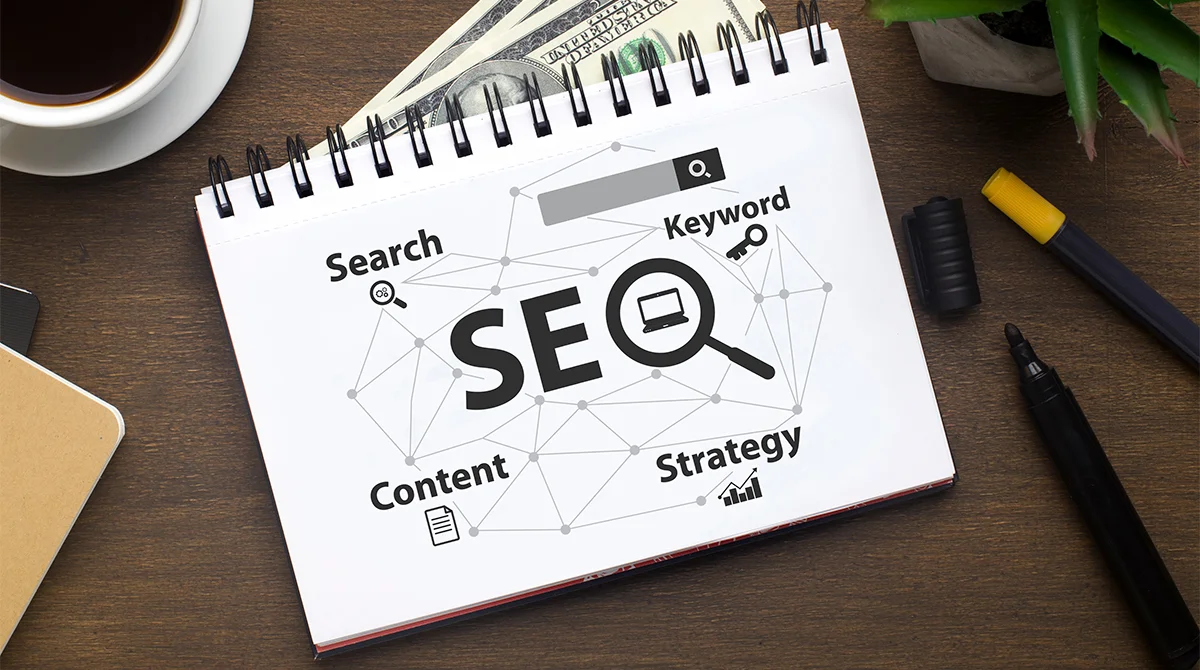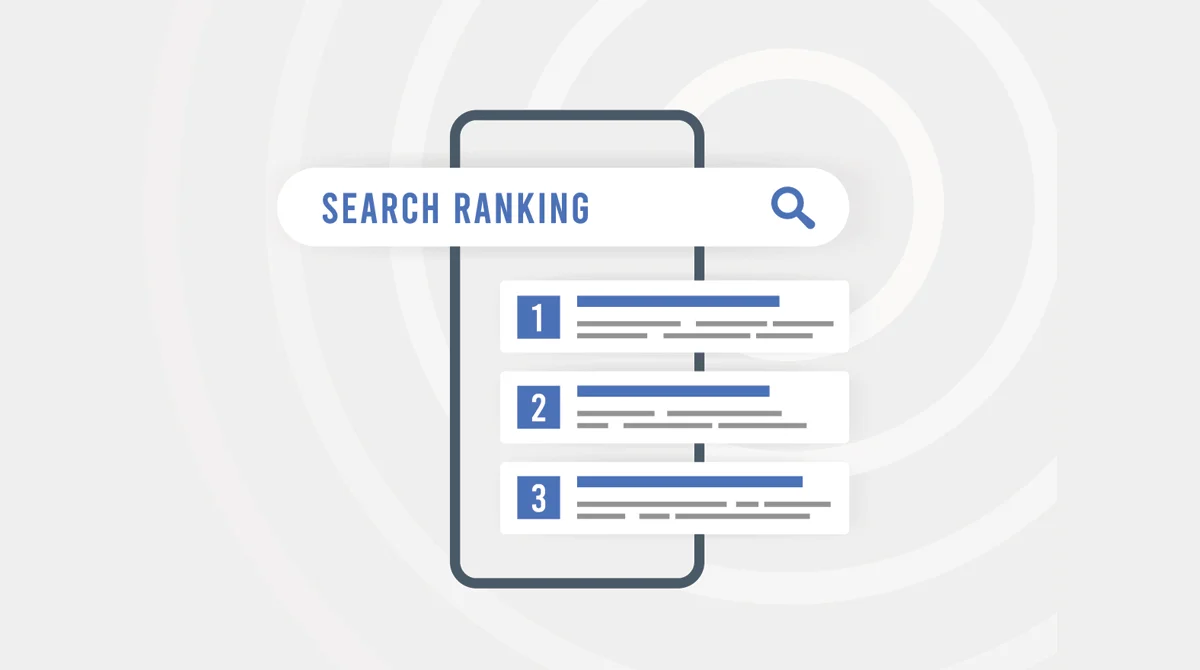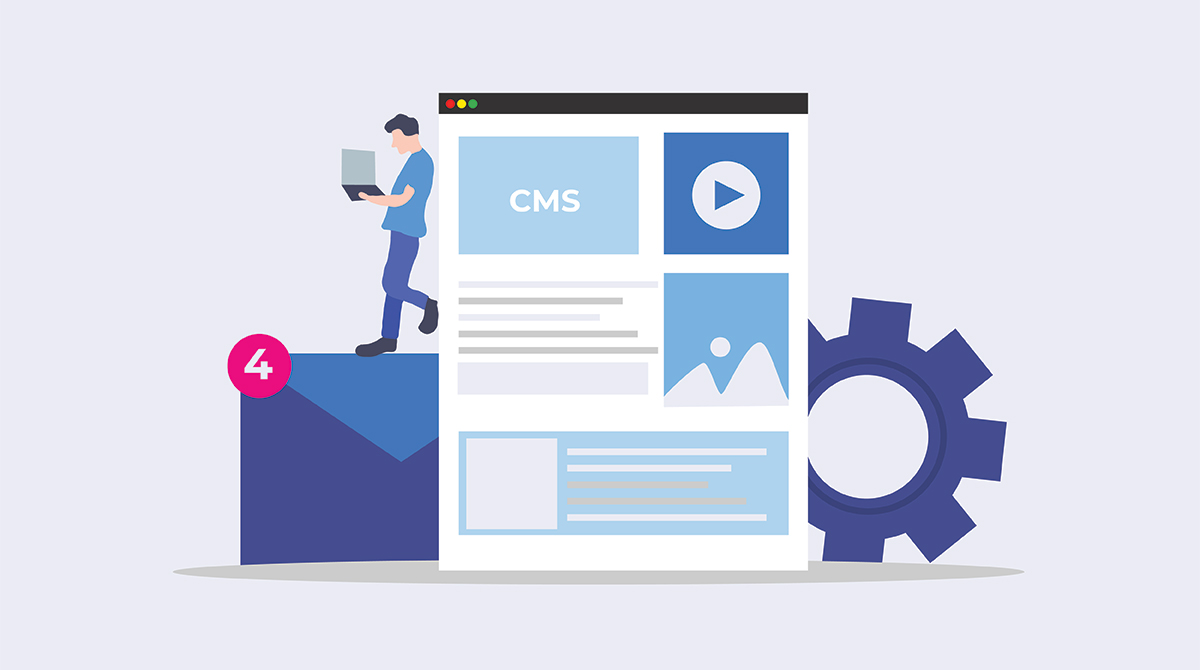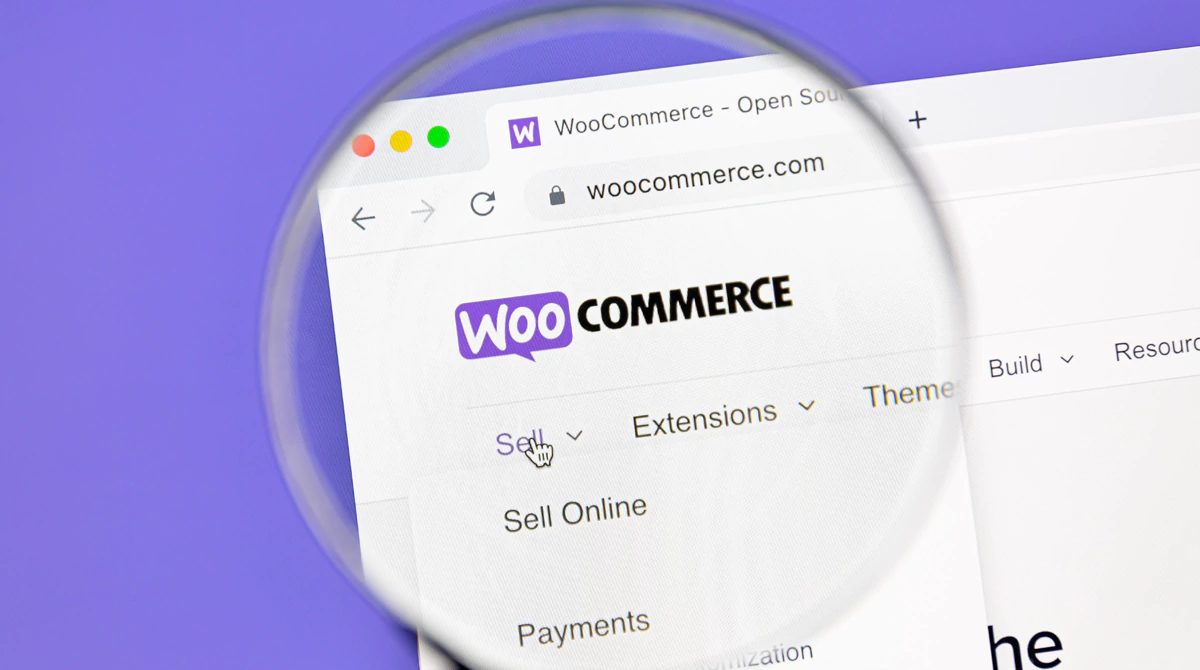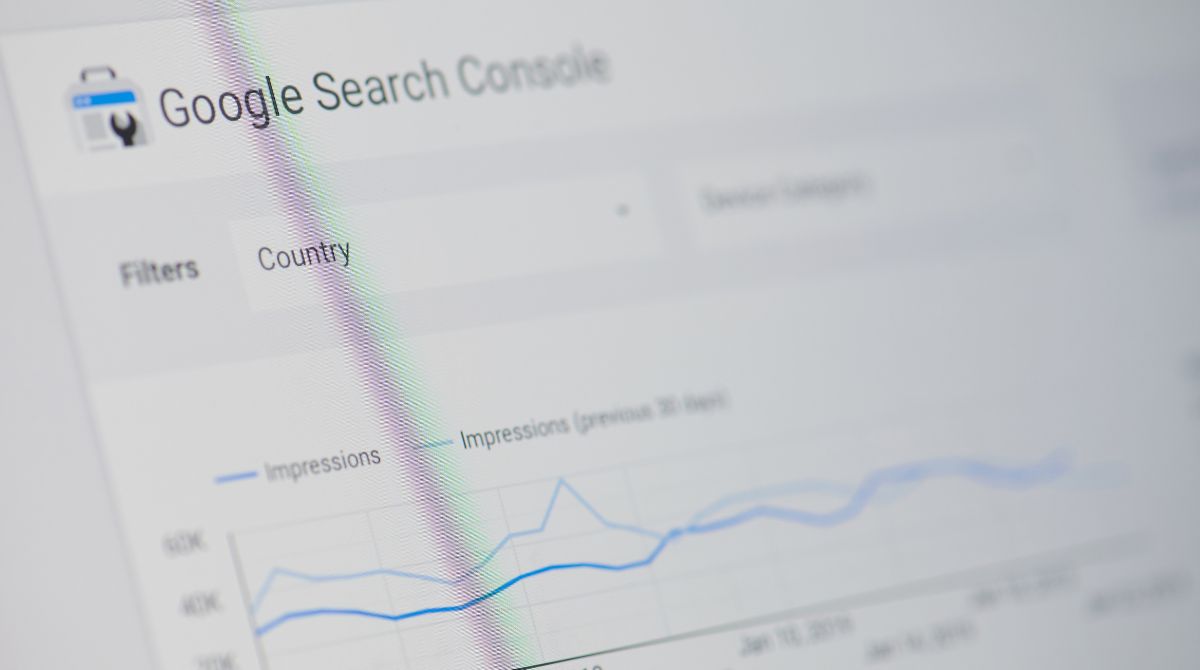Is your online store having trouble getting visitors even though you have amazing products? You’re not the only one. In today’s online world, many businesses are stuck behind their competitors, losing potential customers to more visible shops. The problem isn’t just about having great products—it’s about being found when it really counts.
The problem gets even more annoying when you think about how expensive paid ads are getting and how traditional marketing methods aren’t working as well as they used to. Your competitors are getting all the good traffic from search engines, while your products are stuck on page two or further—where 75% of people never even look. Every day your website isn’t set up well for search engines is another day you’re missing out on chances to make money.
But there’s a smart way to improve how visible and well your e-commerce website performs. By using effective SEO methods made just for e-commerce, you can create a strong base for long-term growth. This detailed guide will show you the exact steps to make your online store better, from basic technical tips to more advanced content ideas that help improve your search rankings and sales.
Understanding E-commerce SEO Fundamentals
The world of online store SEO has special challenges and chances that make it different from regular website improvement. While normal websites might focus on giving information, online stores need to balance making products easy to find, giving users a good experience, and having strong technical features to do well in search results.
E-commerce SEO requires a well-rounded strategy that does more than just focus on basic keyword optimization. You need to handle large product lists, manage changes in stock due to seasons, and compete with both nearby and global sellers. Knowing these specific challenges is key to creating a strong SEO plan that helps your online store grow steadily over time.
Technical SEO Essentials
In the complicated world of online shopping, technical SEO is the foundation of how well your website performs in search engines. A well-built website helps search engines find and list your pages easily. It also gives users a better experience, which can lead to more sales.
Site Structure and Navigation
The way your online store is built is very important for how easy it is for customers to use and for search engines to understand. A good website layout helps shoppers find what they need quickly and helps search engines see how different pages and product groups are connected.
Make a clear system that goes from general groups to specific items, using these smart methods:
- Add a search system that keeps web addresses simple for search engines
- Organize product groups that make sense together
- Make main pages for big collections of products
- Use special code (JSON-LD) to show where you are on the site in search results
- Create big, easy-to-use menus for stores with lots of products
- Add smart search filters without making the same content appear in different places
Site Speed Optimisation
In the quick-moving world of online shopping, every tiny moment matters. Making your website load faster isn’t just a nice thing to do—it’s super important because it affects how users feel about your site and where your site shows up in search results. Research shows that if your page takes just one extra second to load, you could lose 7% of your sales.
Here are some smart ways to make your site faster:
- Only load images and videos when they’re needed (lazy loading)
- Use modern image formats like WebP and AVIF
- Use smart caching methods, both on the browser and server
- Make sure the most important parts of your page load first
- Use tools like preload and prefetch to load resources ahead of time
- Improve how your database works, especially if you have lots of products
- Use edge computing and serverless setups to speed things up
Mobile Optimisation
Mobile shopping is expected to make up 72.9% of all online sales by 2025, so making your website work well on phones is very important. Today, mobile optimization isn’t just about making your site fit on a small screen—it’s about creating a shopping experience designed specifically for phones.
Here are some key ways to improve your mobile experience:
- Use AMP (Accelerated Mobile Pages) for important pages to make them load faster.
- Design menus and navigation that work well on phones.
- Make buttons and clickable areas easy to tap and place them where they’re easy to reach.
- Show the most important content first for mobile users.
- Add PWA (Progressive Web App) features to make your site feel like an app.
- Adjust your content to match what people search for on their phones.
On-Page SEO Strategies
On-page SEO for online stores needs a careful mix of making the site work well for search engines and creating interesting content that encourages people to buy. Every part of the page should be designed to do both jobs well.
Product Page Optimisation
Product pages are the most important part of your online store. They need to be improved not only to show up in search results but also to turn visitors into buyers. Today, making product pages better involves more than just adding keywords.
Here are some advanced ways to improve product pages:
- Writing product descriptions that change based on how users behave
- Using AI to create content for different versions of a product
- Adding detailed information like price changes and stock availability using special coding
- Adding interactive features like 360-degree views or product demos
- Including customer reviews and ratings in a structured way
- Using smart technology to make product searches more accurate
- Adding tools that let customers compare products easily with structured data
Category Page Optimisation
Category pages are important pages on your website that help with SEO and are often the first thing people see when they search for general terms. They should have enough information but also make it easy for users to find specific products.
Here are some ways to make your category pages better:
- Write descriptions that match what people are searching for.
- Add filters that help users find products easily, and make sure the URLs are SEO-friendly.
- Use AI to suggest products that users might like.
- Change the category pages based on seasons or trends.
- Improve how you link to other pages on your site.
- Use breadcrumbs and navigation that change based on where the user is.
- Add guides and helpful information that are specific to each category.
Content Strategy for E-commerce
A strong content plan helps successful online stores stand out from others. It’s not only about describing products—it’s about building a complete guide that supports customers at every step of their shopping experience.
Product Descriptions
Product descriptions have changed a lot. They used to just list features, but now they tell stories that connect with what customers need and the problems they face. Today, product descriptions need to work well for both search engines and convincing people to buy.
Here are some smart ways to write better product descriptions:
- Write descriptions that show how the product fits into real-life situations.
- Test different versions of descriptions to see which one works best.
- Make sure the descriptions work well for voice searches (like when people use Alexa or Siri).
- Use different types of content, like text, videos, or augmented reality (AR).
- Write descriptions that change depending on who’s looking at them.
- Update prices and availability automatically.
- Include comparisons with other products to help customers decide.
Blog and Educational Content
Educational content is a great way to bring in new visitors and show that your brand knows a lot about the industry. A good content plan should cover every step of the customer’s journey.
Some advanced ideas for your content strategy are:
- Making interactive guides to help people buy
- Building tools that compare different products
- Starting programs where users create content
- Making a series of videos
- Planning content for different seasons
- Gathering expert opinions and industry news
- Customizing content based on what users do
User Experience and Conversion Optimisation
User experience (UX) is now very important for SEO because search engines favor websites that offer great user experiences. For online stores, the connection between UX and SEO is especially important, as it directly affects how many people buy products and how happy customers are.
Site Search Optimisation
The search feature on a website is very important for online stores. People who use the search bar are much more likely to buy something. A good search system can make the website easier to use and help it show up better in search engines.
Here are some ways to improve the search feature:
- Make the search understand natural language, like how people normally talk
- Show suggestions that change based on what’s in stock and how users behave
- Make the search understand the meaning and purpose behind what people type
- Add a feature that lets people search using pictures
- Show search results that are tailored to each user’s past activity
- Offer better filters and ways to narrow down search results
- Use data from searches to keep improving the feature over time
Product Reviews and User-Generated Content
User-generated content (UGC) is very useful for e-commerce SEO. It helps by adding new content, showing social proof, and giving insights into important keywords. A strong review system can improve both search rankings and sales.
Here are some advanced strategies for reviews and UGC:
- Adding badges to show that a purchase was verified and showing reviewer details
- Setting up sections where customers can ask and answer questions about products
- Allowing customers to share photos and videos of their reviews
- Using tools to analyze the tone and feelings in reviews
- Creating short summaries or highlights of reviews
- Planning how to respond to reviews
- Using structured data to collect and organize reviews
Technical Considerations
Technical improvements keep changing as new web tools and search engine features come out. Keeping up with the latest technical SEO needs is very important to keep and boost your search rankings.
Advanced URL Structure Optimisation
The way URLs are set up is very important for both how users experience a website and how well search engines can find and index it. Today, making URLs better involves more than just adding keywords.
Here are some advanced tips for improving URLs:
- Make dynamic URLs that still work well for SEO
- Handle URL parameters correctly for pages with filters
- Set up URLs that work for websites in different countries
- Organize URLs by categories without making them too long
- Handle URLs properly for content that changes with the seasons
- Manage URLs well for pages with many filtering options
- Create simple URLs for content made by users
XML Sitemaps and Advanced Indexing
Modern XML sitemaps are smart tools that help search engines understand your website’s content and layout. Advanced sitemap methods make it easier to handle big and changing online stores.
Improved sitemap strategies include:
- Making sitemaps that update automatically when your stock changes
- Using different sitemaps for different kinds of content
- Building systems to decide how important pages are and how often they change
- Making special sitemaps for images and videos
- Using sitemap plans for websites in different countries
- Setting up systems that create sitemaps automatically
- Making HTML sitemaps to help users find their way around your site
Monitoring and Analytics
Good tracking and data analysis are key to making smart SEO choices based on data. Today’s online shops need advanced systems to keep an eye on how they’re doing and keep improving their performance.
Advanced Key Performance Indicators (KPIs)
Modern online store SEO needs to keep an eye on a variety of detailed metrics, not just simple visitor numbers and search rankings. Knowing how different key performance indicators (KPIs) connect helps in making better decisions to improve your site.
Important advanced KPIs to watch are:
Revenue per organic visitor
- Conversion rates for different product categories
- How visible products are in search results by type
- Tracking how users move through your site from organic search
- How often customers come back after finding you through search
- How product stock levels affect search rankings
- Comparing how well your site performs on mobile vs. desktop
Comprehensive Auditing and Updates
Regular checks and updates help your online store stay at the top of search results. Today, these checks use different types of data and smart analysis methods.
Here are some smart ways to check your site:
- Using tools to automatically check for SEO problems
- Building systems to compare your site with competitors
- Tracking how well your content is doing
- Studying how visitors use your site
- Improving the steps customers take to buy something
- Setting up systems that find problems automatically
- Running tests to compare different versions of your site
Advanced SEO Strategies
As online shopping keeps growing, using smart SEO techniques is more important than ever to stay ahead. These clever methods help your website keep up with the competition and adjust to how search engines change over time.
International SEO Excellence
Global online shopping needs a smart way to handle international SEO that does more than just translating and adapting content.
Here are some advanced international SEO strategies:
- Using tools to detect the user’s language automatically
- Making content plans tailored to each market
- Running campaigns to build links from different countries
- Adjusting prices and currencies to match local markets
- Designing website experiences that fit each region
- Planning content schedules for different countries
- Using SEO strategies that work across borders
Voice and Visual Search Optimisation
The future of online shopping SEO involves improving for new search tools, especially voice and image search.
Better ways to improve for these new search tools include:
- Using simple, everyday language in product descriptions
- Adding image search options for products
- Building voice shopping features
- Using AR (augmented reality) to show products
- Making search work with both text and images
- Adding chat features for shopping
- Adding search by similar images
Future-Proofing Your E-commerce SEO
As we think about the future of e-commerce SEO, there are new trends and technologies that will change how we improve websites for search engines. Keeping up with these changes will help businesses succeed in the long run with organic search.
Here are some important areas to focus on:
- Using Artificial Intelligence (AI) and Machine Learning to improve SEO
- Better ways to personalise the shopping experience for users
- Using blockchain technology to help with e-commerce SEO
- Building Progressive Web Apps (PWAs) for faster and smoother websites
- Improving Web Core Vitals to make websites load faster and work better
- Creating SEO strategies that respect user privacy
- Adopting sustainable and ethical practices in e-commerce
Taking Action with Make My Website
Setting up a full SEO plan might feel overwhelming, but you don’t have to do it by yourself. Make My Website is here to help turn your online shop into a top-performing site that ranks well in search engines and brings in steady sales.
Our team of e-commerce SEO specialists has years of experience using the strategies explained in this guide. We know the specific challenges of online stores and provide custom solutions that match your business needs. With Make My Website, you’ll get:
- Personalized SEO plans made just for your products and target audience
- Technical improvements to make sure your website meets and goes beyond search engine standards
- Content creation services to help your products shine in search results
- Continuous tracking and updates to keep and boost your search rankings
- Regular reports on performance and strategy changes based on clear data insights
Don’t let your online store go unnoticed by potential buyers. Reach out to Make My Website today for a full SEO check-up and learn how we can help your e-commerce site reach its best performance in search results. Our successful history with e-commerce SEO has helped many businesses grow their visibility, website visits, and sales through long-term, natural growth strategies.
Want to improve how your online store shows up in search results? Come see us today to book a meeting with our e-commerce SEO experts. Let’s team up to make your store easier to find, stand out from competitors, and bring in more sales.








